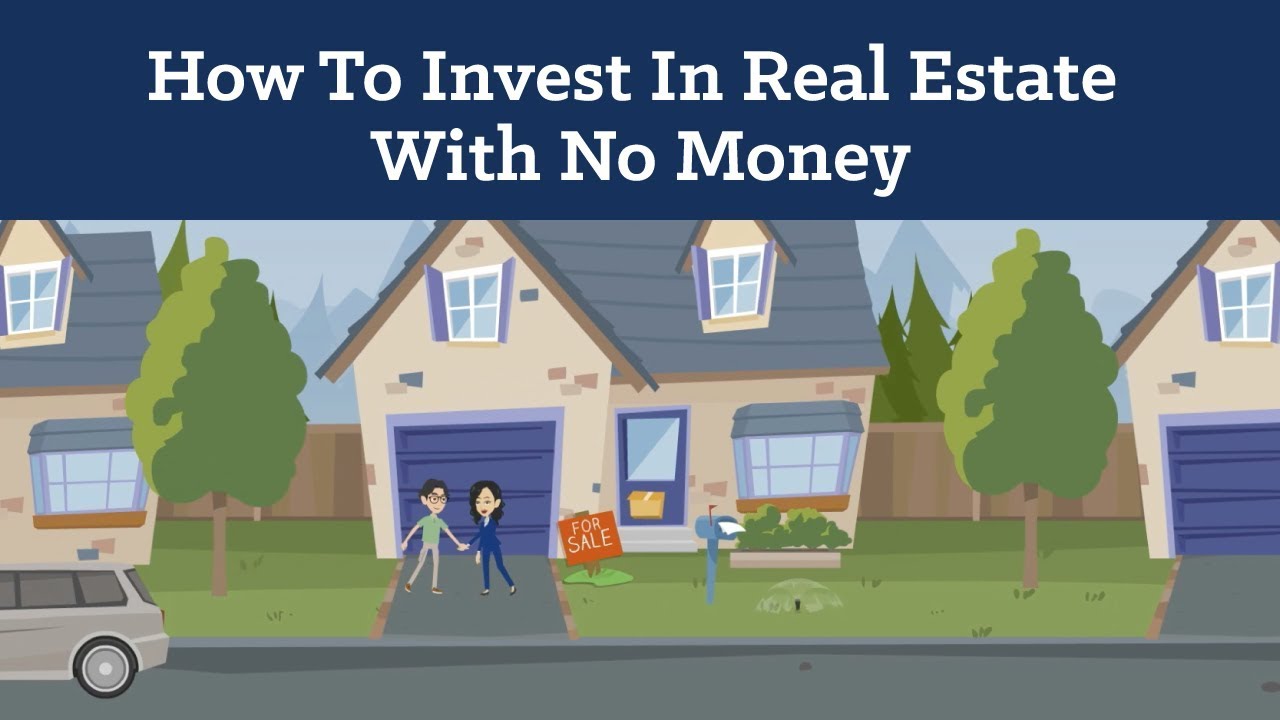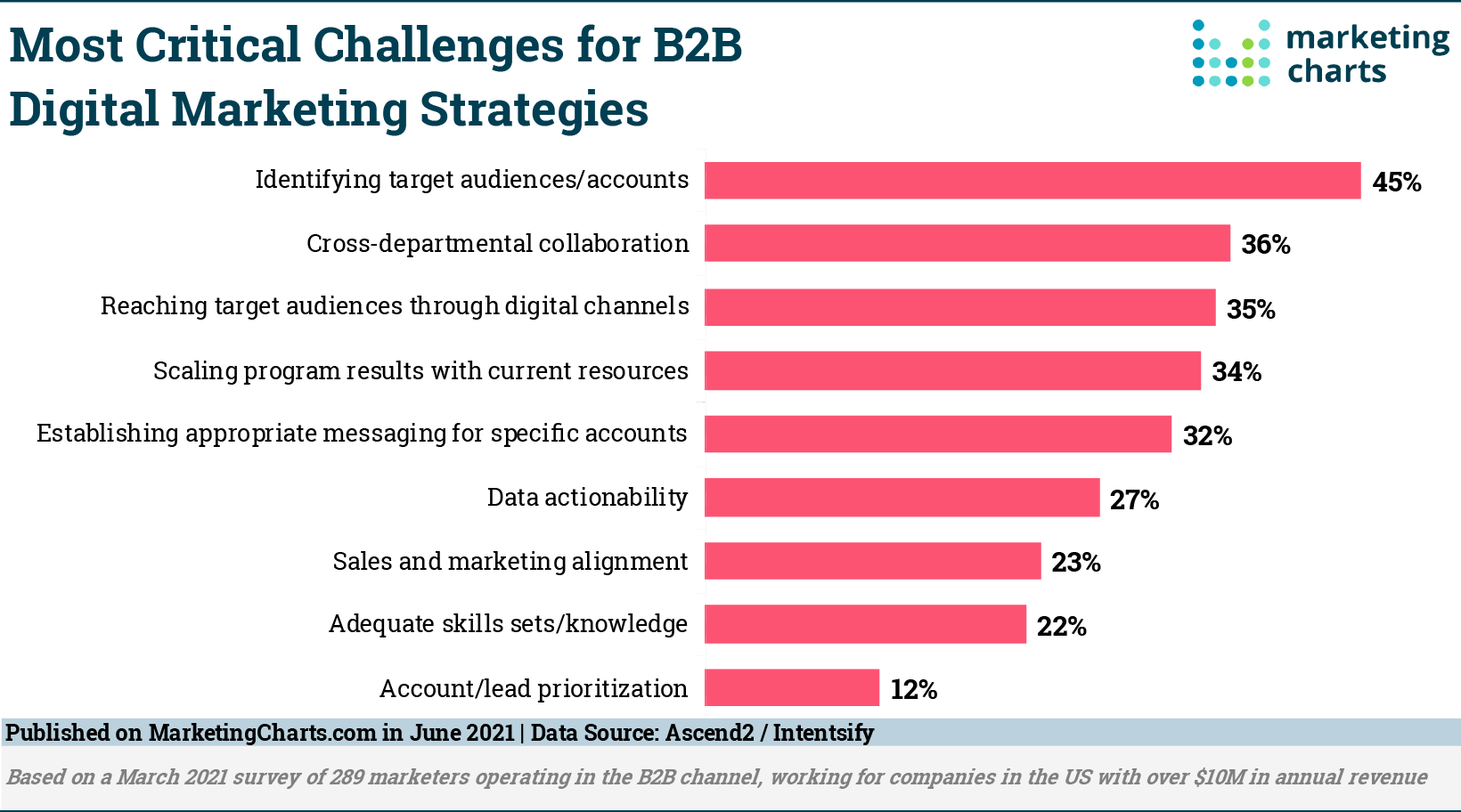
We will now discuss the psychology and use of social media. Social media was founded in the early stages of its development. These communities were primarily online and focused on social interaction. These communities utilized chat rooms and forums. Then, more niche communities emerged, which were focused specifically on a particular interest. Social media is vast in scope today but it's still unclear how much impact it has. These are the basics to keep in mind. Keep these in mind to help you understand social media's psychological impact.
Social media is a place for self-absorption
Self-absorbed people are charming in the beginning, but they can be difficult to get along with. They are proud of themselves and do not appreciate the opinions of others. They might try to outdo others or make them feel bad when they're upset. In order to avoid this behavior, it is essential to engage in conversations with other people. These are signs of self-absorption via social media.

Self-esteem
Social media feedback can affect adolescents' self-esteem and identity development. Teens describe social media as a useful tool for making friends, learning about other cultures, and connecting with them. But these teens are also exposed the negative effects of social networking. They should be aware of the negative effects, whether or not they are aware.
Intimacy
A recent study examines the intimacy of social media use and the way people experience it. This study used the Social Presence Theory to study the relationship between the quality of social relationships and self-disclosure on such platforms. Social network users who felt more connected to their networks than others revealed more information on these platforms. Researchers conclude that the quality of social connections is related to how much self-disclosure users are willing to make. Users who feel more connected to their social networks are more likely than others to share more online.
Depression
Researchers have discovered a link between depressions and social media use. The likelihood of developing depression was higher for those who used social media the most. In addition, the participants' global frequency score showed stronger correlations with depression. The results suggest that the social comparison could be behind the observed link, even though it is not conclusive. Depression may affect individuals at different stages of their lives, so it is important to recognize how social media use affects people. In this article, we'll take a closer look at the study findings and discuss how this relationship affects people.

Addiction
Among the many treatments for addiction to social media, de-stressing is an effective strategy. De-stressing starts with reducing your social media use. It is also important that you spend time with friends and family instead of being attached to your computer. A digital detox can be lasting up to a whole month. To do this, you will need to remove all social media applications from the phone. Keep your phone from sending too many text messages and taking too many photographs. Next, find other ways to communicate your feelings with family and friends.
FAQ
How will you make money online in 2022?
Many people have taken to working at home due to the coronavirus pandemic. This allows you to control your own schedule and save time traveling. There are still many jobs that require physical presence. Here are some online ways to make money if you dream of becoming your boss.
1. Sell products
2. Become an affiliate marketer
3. Start a blog
4. Freelancer services
5. Create digital designs
6. Write articles
Dropshipping: What does it mean?
Dropshipping means selling directly from your online store without inventory. You simply place orders for items you want to sell, and Amazon fulfills them. You ship an item to someone who purchases it from your store.
You don’t have to worry too much about shipping and stock management. You only focus on building your customer base and growing your sales.
This is a good option for those who have an existing eCommerce business. You can also use dropshipping to create passive income by running ads on your site.
Which is the best affiliate program?
Are you interested to make money online
If you answered yes, then you are in luck! There are many online ways to make some extra money. Some methods work better than others. Regardless of which method you choose, there is always room to improve.
Affiliate marketing is one my favorite ways to make a living online. Affiliate marketing is a type of internet marketing where affiliates receive compensation based on sales generated through their websites.
Affiliates often sign up to free accounts with companies offering affiliate programs. Affiliates earn commissions for as long they sell enough.
Let me give you some examples.
For example, if you were to create a cooking blog, you could become an affiliate for Amazon.com. Amazon.com visitors get paid a small amount of the purchase price when they buy items.
You could also become an associate at Sephora.com if you want to sell makeup. You'd receive a cut of any product you sell if your site sells makeup.
There are hundreds and thousands of affiliate programs. The trick is finding ones that pay well.
These are two great websites. They have thousands of affiliate programs listed and rank them by payout rates.
These sites can be a great resource for learning about affiliate marketing. By signing up to free affiliate programs, you won't lose anything. You just need to give it a try and see if you like it.
Statistics
- Some 70% of consumers say SMS is a good way for businesses to get their attention. (shopify.com)
- The latest stats show that 87% of marketers use email marketing to distribute content. (shopify.com)
- According to research from Adweek, over half (51%) of TikTokers make purchases from brands they see in the app. (shopify.com)
- A recent study by Mediakix revealed that 80% of marketers find influencer marketing effective. (shopify.com)
- According to the Baymard Institute, 69.82% of shopping carts are abandoned. (shopify.com)
External Links
How To
Pros and cons of affiliate marketing
Affiliate marketing, which is performance-based marketing, allows affiliates to receive compensation from advertisers for driving traffic to their websites. PPC (pay-per click) is the most popular method of affiliate marketing. Other forms of affiliate marketing are cost per action (CPA), Cost per Lead (CPL), as well as cost per Sale (CPS).
The main benefit of this kind of marketing is that affiliates do not need special skills or knowledge to generate sales. They only need a website and some promotional material. There are also many drawbacks to affiliate marketing. Affiliate marketing is not for everyone. To make money you will need many visitors to the site. Also, you will need to spend time developing content for your site and promoting it. Another disadvantage is that affiliate programs often require much work to set up and maintain. It is common for new affiliates to start small, before they grow into full-time businesses.
Pros:
-
It's simple to get started without any upfront investment.
-
There is no long-term commitment.
-
Low risk
-
Easy to scale
-
For beginners.
-
There is no need to be familiar with the business model.
-
It can be used to create a passive income stream.
-
You don't need to worry about customer support.
-
It allows for you to design a flexible timetable.
-
You can work anywhere.
Cons:
-
It takes some time to grow.
-
You might have difficulty competing against larger companies.
-
It takes patience.
-
It is not suitable for everyone.
-
It is impossible to control the quality of products that you promote.
-
It can be difficult to measure the results.
-
It can be expensive to run if your don't understand what you're doing
In conclusion, affiliate marketing is a great way to make money online. Affiliate marketing is one of easiest ways to get started in online entrepreneurship. But it requires dedication and a lot of work to succeed. The following posts will help you learn more about affiliate marketing: